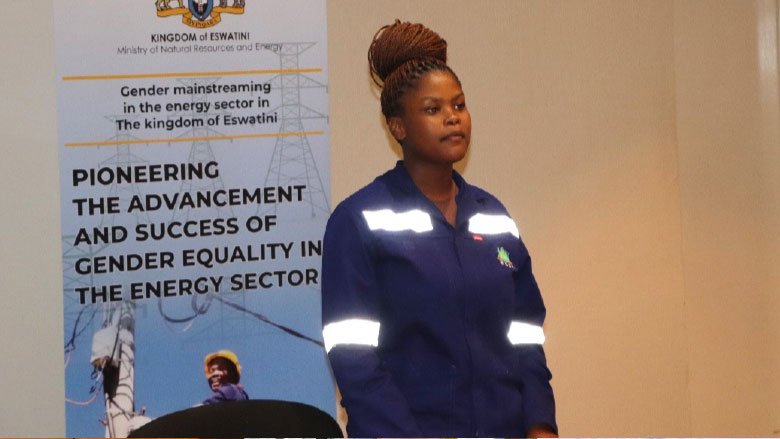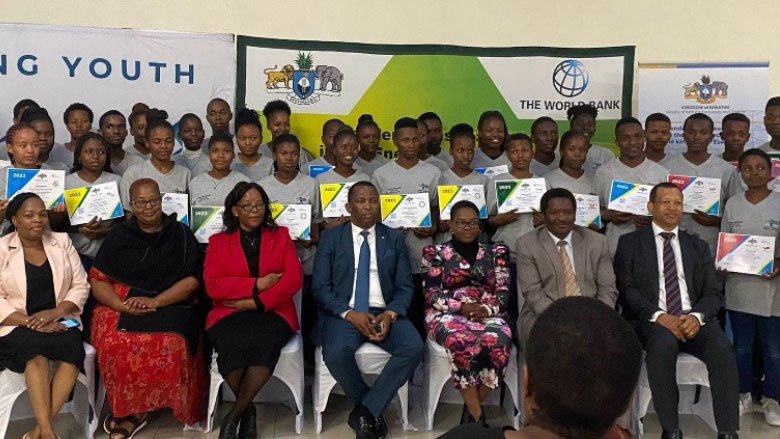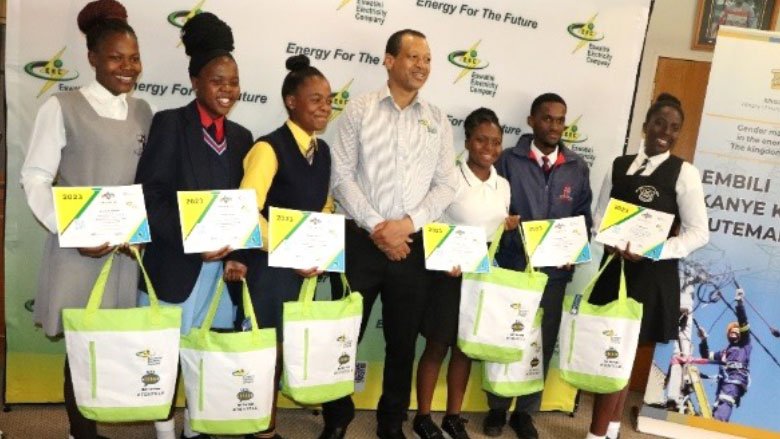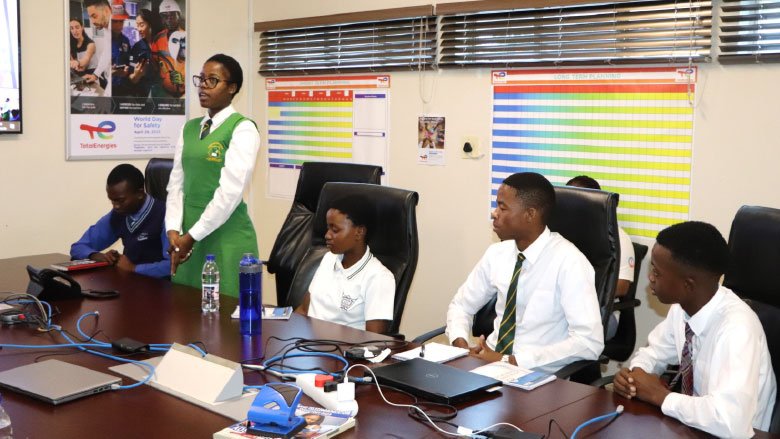Due to social and gender norms in Eswatini, young women are generally not encouraged to join the Science, Technology, Engineering, and Mathematics (STEM) fields. This contributes to the low level of female participation in these fields at the university level, and eventually in the world of work in the energy sector. Only about 25% of workers in the energy sector, particularly the technical fields, are women, according to data analysis of Eswatini’s workforce. The Global Gender Gap Index 2023, showing the state of gender equality in a country, notes Eswatini ranks 46th out of 146 countries, worse than neighboring countries such as South Africa (20th) and Mozambique (24th). The World Bank’s Network Reinforcement and Access Project (NRAP) is helping to change this.
NRAP’s objective is to improve the reliability of electricity supply and increase access to electricity services in targeted areas of Eswatini. Gender-focused strategic interventions were outlined during the preparation of this project. To attract, recruit, promote, and retain the female workforce in the energy sector, two focus areas were embedded in NRAP. The first is a job shadowing program focusing on high school students to expose them to daily operations and challenges of the energy sector and inspire them to pursue STEM in university. The second is a revision of the curriculum for primary education to specifically integrate gender and energy content. These interventions were designed to tackle stereotypical norms that hinder girls’ and women’s participation in STEM.
Job shadowing
The first cohort of the job shadowing program joined energy sector institutes in May 2023 and consisted of 40 high school students (30 female and 10 male) from 27 high schools in four regions. Their placement was facilitated by the Junior Achievement Institute. The student interns were attached to ten state-owned and privately-owned companies for 10 days. Upon completion of the job shadowing program, the interns received a certificate from Acting Minister of Natural Resources and Energy (MNRE), Jabulani Mabuza.





